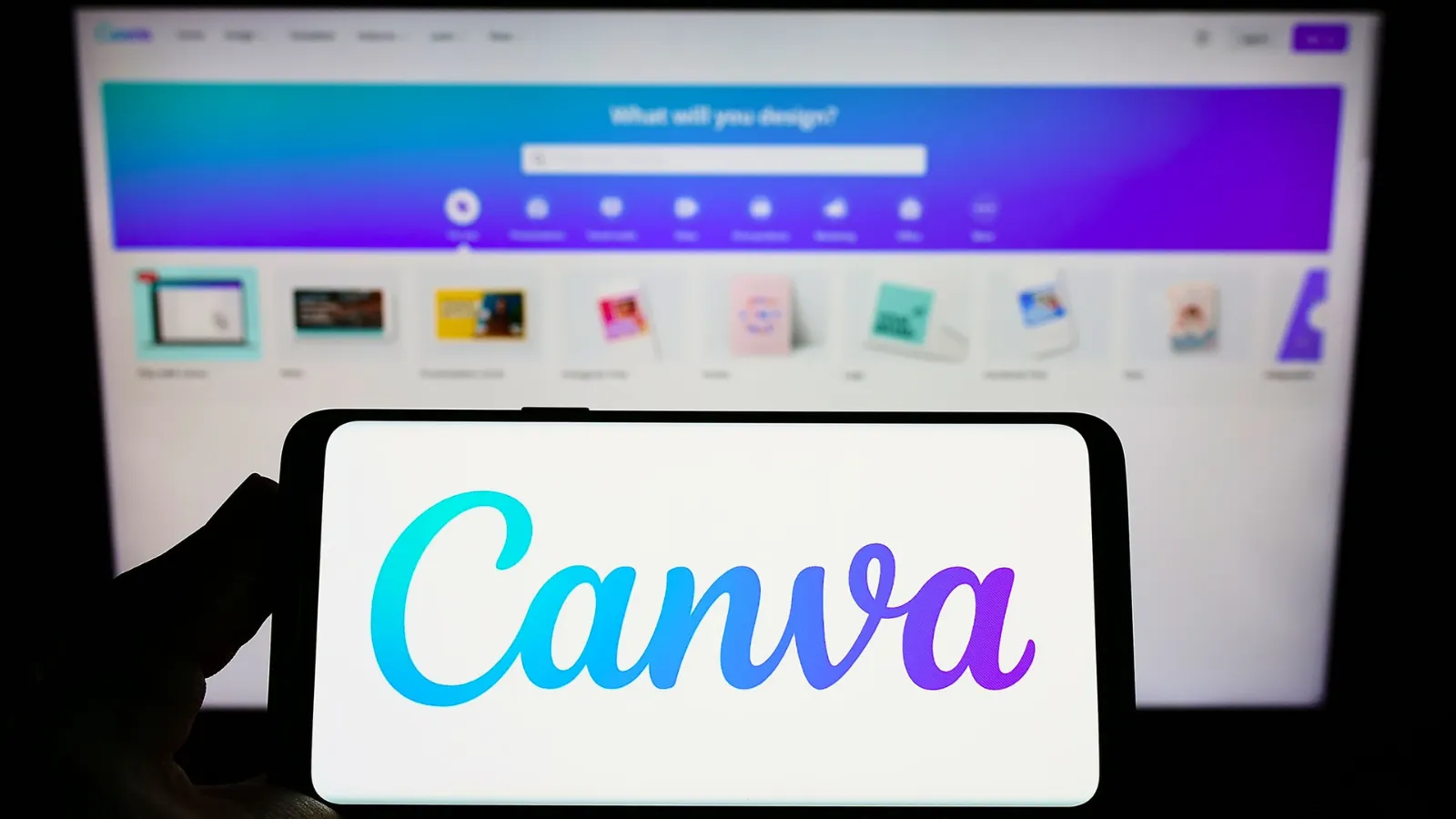Marking its 10th anniversary, popular digital design platform Canva launched an AI-powered toolset designed to streamline visual content creation called Magic Studio. Designed in collaboration with Runway AI, Magic Studio adds several features to the generative AI component in Canva’s paid professional plan.
Magic Studio introduces a suite of generative AI tools, including Magic Switch, which transforms designs into various formats and languages; Magic Media, which uses Runway's Gen-2 AI to convert text into photos or videos; and Magic Design, which automates video and presentation creation.
Generative AI refers to tools that allow users to create images, text, and video using prompts entered into an AI chatbot, which draws its answers from a large language model (LLM).
Since the November launch of OpenAI's ChatGPT, tech investors have heavily backed AI developers like Runway AI. In June, Runway announced that the company had raised $141 million in a funding round led by Google, Nvidia, and Salesforce. =
Others going big into generative AI include Amazon, which is investing up to $4 billion in Claude AI developer Anthropic, and Microsoft, which has invested over $10 billion in ChatGPT creator OpenAI.
“Starting today, the complete power of Gen-2 will be accessible directly in Canva with its new Magic Media app, providing direct access to the best AI video generation model for Canva’s 150 million monthly users,” Runway CEO Cristobal Valenzuela said in a blog post.
While Magic Studio is a new product, Canva's head of AI products, Danny Wu, says the company is not new to generative AI and is merely expanding what Canva has done from the start.
“We've been looking at AI for a number of years,” Wu told Decrypt. “For example, we've been building AI with Kaleido technology background remover that uses what people call generative AI nowadays, thoug we just called it machine learning back in the day.”
“We saw so many opportunities for AI technology to help our users design even easier and just make complex tasks more simple,” Wu continued.
Launched in 2013, Australia-based Canva is a free-to-use platform that lets users create everything from YouTube thumbnails to social media banners and content to video presentations. While the base platform is free, a monthly subscription is required to use its more advanced features, including Magic Studio.
While Canva claims a user base of over 150 million, the company faces stiff competition from generative AI platform developers like Nvidia and Adobe. Adobe launched its generative AI tool, Firefly, in May. In September, OpenAI added a Canva plugin for the subscription-based ChatGPT Plus that lets users create images in GPT-4 using written prompts.
While Wu did not go into specific details about the other models being used in Canva’s new AI platform, he said Canva uses a three-pronged approach to AI, including developing proprietary models focused on the design space, integrating “the best” available models to provide benefits in one place, and collaborating with developers and partners such as Runway for video.
With AI becoming more ubiquitous, the threat and concern about AI-generated deepfakes have risen sharply in the last year. Wu says Canva has put in place guardrails to keep its platform from being used to add to this growing problem.
“As part of our trust and safety [policies], we don't allow our AI to generate images of popular or public figures or known persons as well as third-party intellectual property,” Wu said. “[Magic Studio] also includes policies—unlike a lot of other AI tools—to not generate anything that is medically related or politically related, just because we want to be ultra conservative and focus more on the creative use cases.”
Along with Magic Studio, Canva also announced today the launch of the Canva Shield initiative, offering a suite of advanced trust, safety, and privacy tools leveraging artificial intelligence. Canva Shield includes features like AI indemnification for eligible enterprise users, robust content moderation systems, and customizable AI privacy settings.
Canva says it is also committed to investing over $200 million in creators in the coming years.
Last month, Getty Images launched a generative AI tool that it called “safe” for commercial use, which draws from its massive library of owned and licensed images. Like Wu and Canva, Getty Images also says it does not include brands' intellectual property or recognizable public figures that potentially could be used to create deepfakes.
“The reason why we're building Magic Studio and building AI is because it's a really powerful way to help our users do tasks they never could have,” Wu said.

